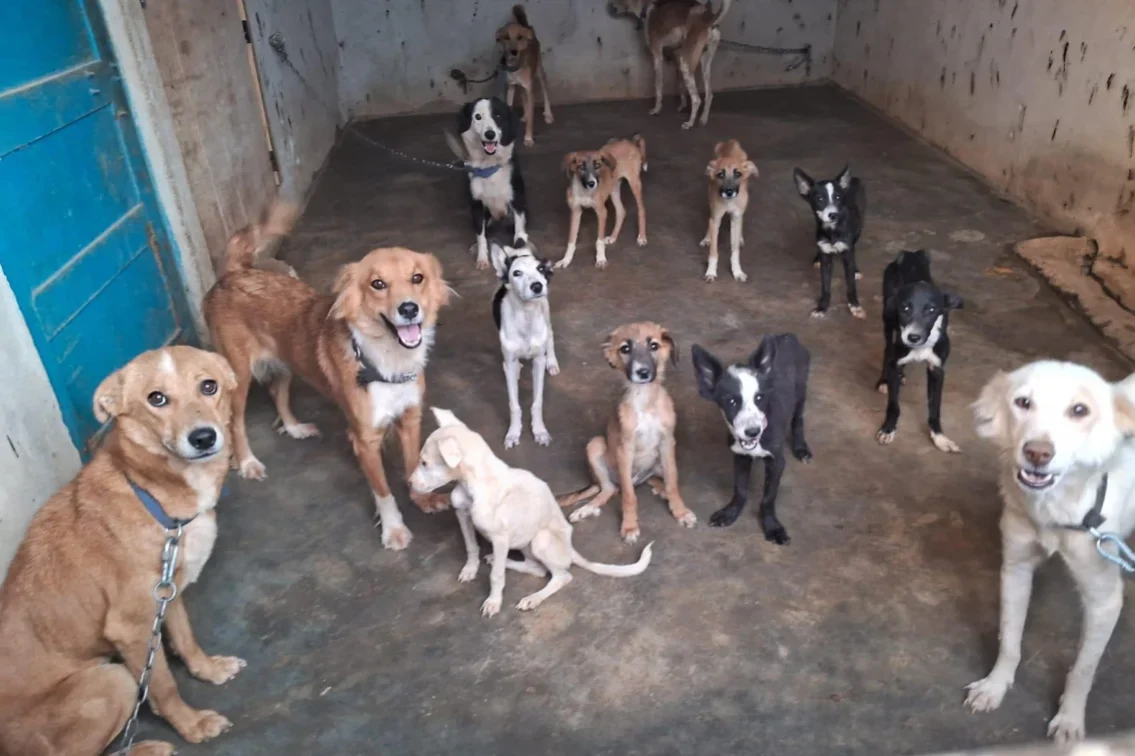Grape and raisin (dried grapes) are highly toxic to dogs and even small amounts can be fatal. Since they are a common food item the chances of poisoning are high. The exact toxin that causes toxicity has not been identified but it is associated with the flesh of the fruit which means that peeled and seedless grapes are still toxic. For some dogs, even small amounts can be toxic and for others, relatively large amounts may not cause obvious symptoms. In the immediate, medium and long terms toxicity may cause kidney damage and acute (sudden) kidney failure due to lack of urine production (anuria), though all dogs are not equally affected.
Do NOT wait for symptoms to appear. Treat it as an emergency and take the dog to a vet where the dog will be treated for poisoning due to ingestion and kidney failure.
Immediate treatment
- If the dog is known to have ingested grapes within the last 2 hrs the dog will be treated for poisoning (as described here).
- Once the dog is known to be stable the dog will be treated for kidney failure starting with routine laboratory tests, including a complete blood count, biochemistry profile, and urinalysis.
Make a Change! Put a Smile!
VOSD has given 250,000+ state-of-the-art free treatments, and we continue to provide hundreds of treatments every day across India – You can also Put a Smile by sponsoring a dog for treatment – click to know more
Diagnosis & symptoms of raisin poisoning
Most of the time you will learn about it from seeing the missing fruit or partially-digested grapes and raisins can be seen in a dog’s vomit or faecal material. Once a dog has ingested any quantity of grapes or raisins the following symptoms will appear:
- Vomiting or diarrhoea
- Lethargy, weakness, unusual quietness
- Abdominal cramping – the dog lies on the side and moans
- Dehydration
- Oliguria (passing only a small amount of urine)
- Anuria (complete cessation of urine)
- Tremors, seizures or coma
How to prevent raisin poisoning
- First, keep raisins and grapes out of reach of your dog.
- Make family members and others aware about this.
- Do not take even small amounts lightly e.g. do not share a raisin flavoured ice-cream etc. with your dog
Related reading:
- Identification & Treatment of Poisoning in Dogs
- Identification & Treatment of Renal (Kidney) Failure in Dogs
The information contained in VOSD Expert Vet Advice™ is not intended nor implied to be a substitute for professional medical action which is provided by your vet. You assume full responsibility for how you choose to use this information. For any emergency situation related to a dog’s health, please visit the nearest veterinary clinic.





